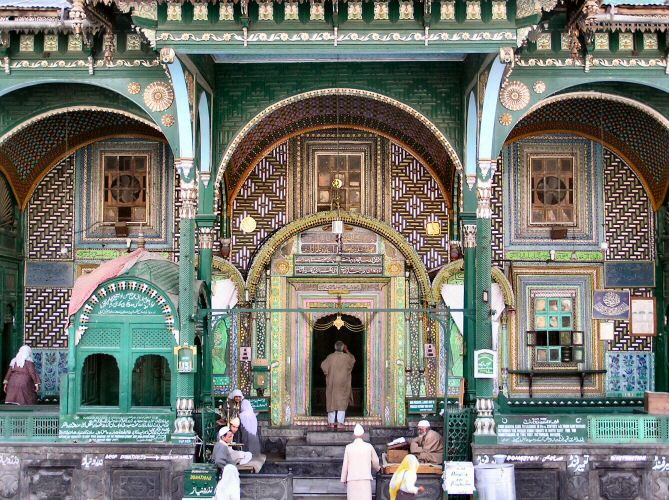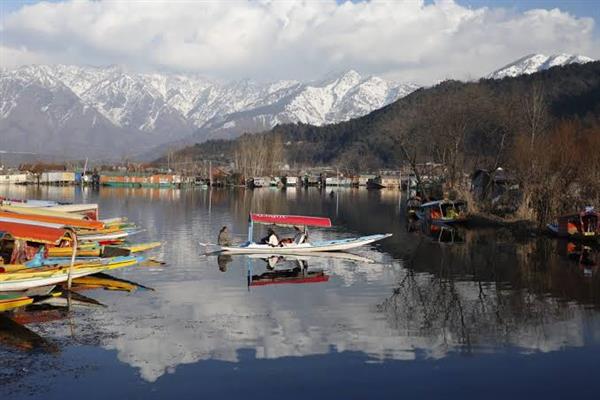The Jammu and Kashmir Waqf Board has imposed a ban on priests from collecting offerings from people in major shrines and mosques managed by the board.
Priests and ‘peers’ (faith healers) were not allowed to sit and collect offerings in some shrines of Kashmir on Thursday which they would otherwise do at designated spots like windows and doors of the shrines.
“We have put the ban into action…It was the demand of people. There were grievances by people. The ban is being enforced in every shrine,” said chairperson of J&K Waqf Board, Darakhshan Andrabi.
Andrabi, who is a national executive member of the BJP, visited the shrine of Hazrat Nooruddin Noorani (ra) at Chrari Sharief in Budgam district to supervise the drive of removing ‘illegal donation spots’.
It has been an old practice in Kashmir that peers, priests and ‘sajada nasheens’ take care of the shrines and people go to them for prayer, blessings and even healing. They give tabaruks (food or amulet blessed with special prayers) to the people and get offerings (niyaz) in return.
The Waqf Board had in an order on Tuesday said that it was in receipt of complaints against some people receiving donations ‘forcibly and through exploitative means’ at the shrines. “Despite coming from reasonably sound economic background, such people are permanently occupying particular spots within the shrines for their activities, and there are instances when such spots are being outsourced or contracted out against receipt of large sums of money,” read the order by Ishtiyaq Mohiuddin, executive magistrate, J&K Waqf Board.
“Central Waqf office will also be verifying the claims of all those performing different religious activities within Ziyarats of J&K,” it said.
Syed Khalid Geelani, one of the caretakers of Dastigeer Sahib Shrine in Srinagar, said that donation boxes have been removed from the shrine. “We are talking to the authorities over the issue and will react accordingly,” he added.
Some people have criticised the move of the board saying there was a need to regulate rather than ban the practice.
“Let it be clear, the existence of peer sahiban in our shrines, khanqahas and mazars predates the existence of Waqf by at least five centuries. They have been the custodians of the shrines wilfully and by lineage. They have involved themselves in maintenance of shrines, security, and cleanliness and in recitation of prayers… There are some annoying practices in the shrines which we need to put a stop on…but the role of peer sahiban in upkeep and maintenance of shrines cannot be underestimated,” wrote Rumana Hamid Makhdoomi, professor of pathology at Sheri Kashmir Institute of Medical Sciences, on Facebook.






